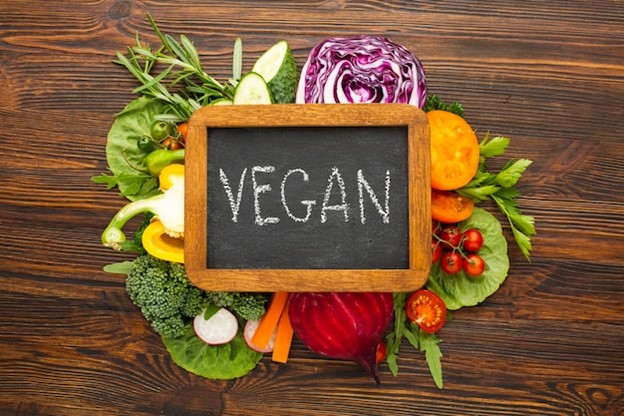Following a vegetarian diet has gained popularity in South Africa due to its numerous health benefits and ethical considerations. However, it is essential to plan and maintain a well-balanced vegetarian diet to ensure optimal nutrition and overall health. This article aims to provide helpful tips for healthy eating on a vegetarian diet in South Africa, considering the country’s diverse culinary traditions and available food options.
- Emphasize whole plant-based foods:
Aim to include a variety of whole plant-based foods in your vegetarian diet. These include fruits, vegetables, legumes, whole grains, nuts, and seeds. They provide essential vitamins, minerals, fiber, and phytochemicals. Incorporate a colorful array of fruits and vegetables, such as leafy greens, berries, citrus fruits, and cruciferous vegetables, into your meals. Experiment with different grains like quinoa, millet, and brown rice to diversify your nutrient intake.
- Ensure adequate protein intake:
Protein is an important nutrient for overall health, and it is crucial to ensure sufficient intake while following a vegetarian diet. Incorporate plant-based protein sources such as legumes (beans, lentils, chickpeas), tofu, tempeh, seitan, edamame, and plant-based protein powders. Combine different protein sources throughout the day to ensure a complete amino acid profile. Don’t forget about dairy products and eggs if you include them in your vegetarian diet.
- Include calcium-rich foods:
Calcium is essential for strong bones and teeth. While dairy products are a common source of calcium, vegetarians can obtain calcium from various plant-based sources. Include calcium-rich foods such as leafy greens (kale, spinach, broccoli), fortified plant-based milk alternatives, tofu made with calcium sulfate, sesame seeds, almonds, and calcium-fortified orange juice. Consider discussing calcium supplementation with a healthcare professional if necessary.
- Optimize iron absorption:
Iron is vital for oxygen transport and overall energy levels. Plant-based iron sources, though abundant, are less readily absorbed by the body compared to animal-based sources. Enhance iron absorption by consuming vitamin C-rich foods alongside iron-rich foods. For example, pair spinach with citrus fruits or add bell peppers to legume-based dishes. Including foods high in vitamin C, like strawberries, guavas, and tomatoes, in your diet can also help improve iron absorption.
- Get enough vitamin B12:
Vitamin B12 is primarily found in animal-derived foods, making it a nutrient of concern for vegetarians. Ensure adequate B12 intake by consuming fortified foods, such as plant-based milk alternatives, breakfast cereals, and nutritional yeast. Consider taking a vitamin B12 supplement or consulting a healthcare professional for personalized recommendations.
- Explore traditional South African vegetarian dishes:
South Africa has a rich culinary heritage, and exploring traditional vegetarian dishes can add variety and cultural richness to your diet. Try dishes like bobotie (a spiced baked dish made with lentils or chickpeas), chakalaka (a vegetable relish), samp and beans, or a variety of flavorful vegetable curries. Incorporating traditional South African ingredients and flavors can make your vegetarian journey more enjoyable and satisfying.
- Plan and prepare meals in advance:
Meal planning and preparation are key to maintaining a healthy vegetarian diet. Take the time to plan your meals, ensuring a balance of nutrients and variety. Batch cook and freeze meals for busy days, and keep healthy snacks like fresh fruits, nuts, and homemade energy bars on hand. Packing your lunch or snacks when going out will help you make healthier choices and avoid relying on processed or convenience foods.
- Stay hydrated and mindful:
Drinking enough water is essential for overall health and well-being. Ensure you stay hydrated throughout the day. Additionally, practice mindful eating by paying attention to your body’s hunger and fullness cues. Chew your food thoroughly and savor the flavors, textures, and aromas of your meals. Eating mindfully allows you to appreciate your food and promotes better digestion.
Following a healthy vegetarian diet in South Africa is both rewarding and achievable. By emphasizing whole plant-based foods, ensuring adequate protein, calcium, and iron intake, and exploring traditional South African vegetarian dishes, you can enjoy a nutritious and varied diet. Plan your meals, stay hydrated, and practice mindful eating to optimize your vegetarian lifestyle. Remember, it’s always beneficial to consult a registered dietitian or healthcare professional for personalized advice based on your individual needs.










